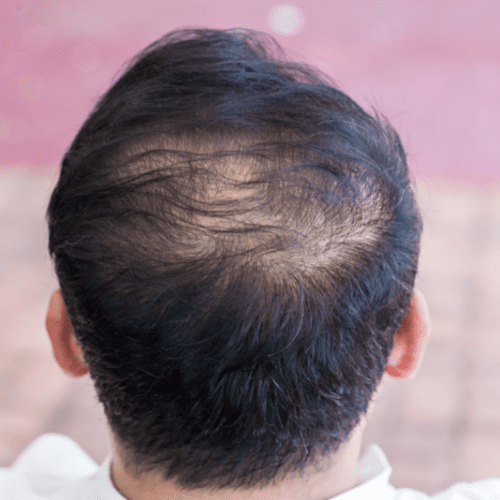Hair Transplant in India: Cost, Process, and Risks
Hair transplant procedures in India have gained significant popularity due to their affordability and advanced techniques. The cost of hair transplants typically ranges from $1,000 to $3,000, significantly lower than in Western countries. The process generally involves two main techniques: Follicular Unit Extraction (FUE) and Follicular Unit Transplantation (FUT), each with distinct benefits and recovery times. However, prospective patients must be aware of potential risks, including infection, scarring, and unrealistic expectations regarding results. Thorough research and consultation with certified professionals are essential for a successful outcome.









